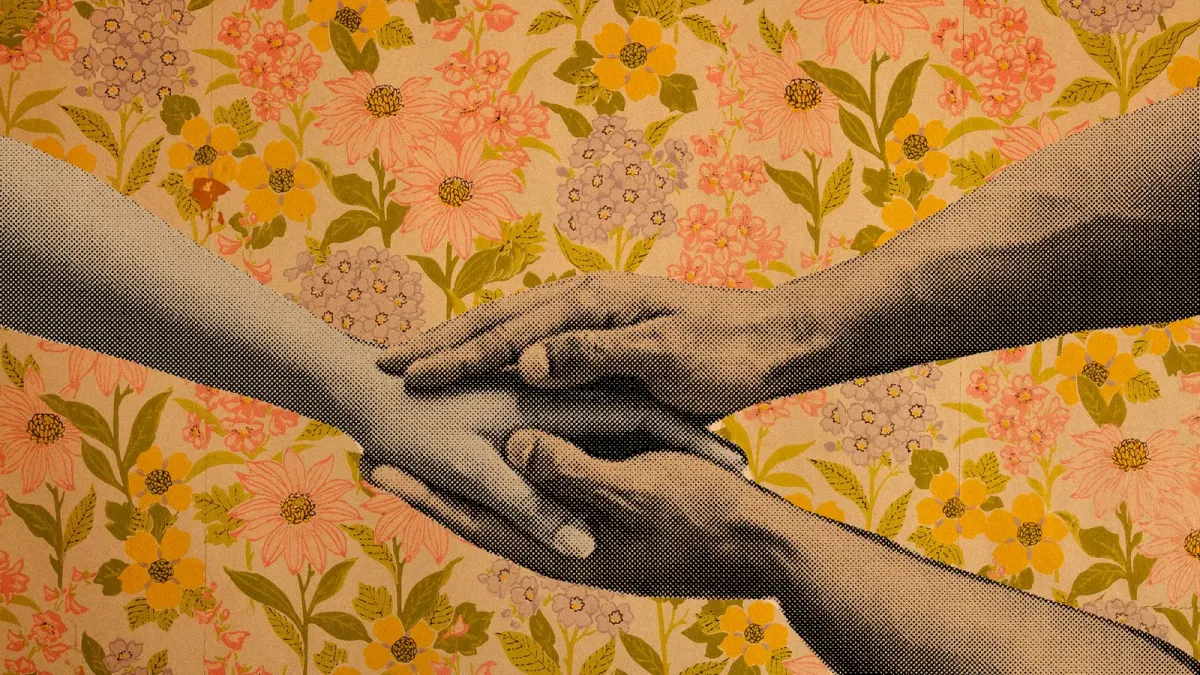11 Dark Psychology Secrets of Revenge and Forgiveness

Unraveling the Hidden Truths Behind the Pain We Carry and the Peace We Seek
We live in a world where pain often whispers revenge, and healing demands silence. When we’re betrayed, hurt, or violated, a shadow stirs inside us , a shadow that wants justice, payback, or just to make them feel what we felt. This is the dark psychology of revenge and forgiveness. And unless you understand how it works, you’ll spend your life chained to people who don’t deserve to hold you.
Let’s dive deep into the 11 darkest psychological truths behind these two powerful forces, truths most people will never dare to face.
1. Revenge Is Rooted in Our Primal Instincts
Revenge isn’t a new emotion. It’s as old as fire. Buried in our evolutionary code, the desire for revenge was once a survival mechanism. Early humans retaliated to send a message: “Hurt me, and there will be consequences.” It wasn't about being cruel, it was about staying alive.
Even now, in the age of courtrooms and calm voices, that primal part of your brain doesn’t care about maturity or morality. It only wants justice. But in modern life, revenge rarely brings the relief our instincts promise.
2. Pain Craves a Witness
When we suffer, what we really want isn’t vengeance, it’s validation. We want someone to see our pain. To acknowledge it. To feel it with us. That’s the deeper psychology of revenge. It’s not just about hurting them. It’s about making them understand.
We crave a mirrored emotion, an echo of what we went through. But here’s the tragedy: most of the time, they never will feel it. And trying to force them to usually backfires.
3. Revenge Activates Pleasure Centers , But Only for a Moment
Science reveals something unsettling. When you fantasize about revenge, your brain lights up like you just won a prize. Dopamine. Satisfaction. Power. It feels amazing , in your imagination.
But in real life? Acting on revenge usually leaves us emptier than before. Regret, guilt, and emotional hangovers follow. The brain tricks us into thinking revenge will heal us. But it rarely does.
🕳️ 10 Genuine, Shocking, and Dark Secrets of Life No One Wants to Talk About
4. Revenge Doesn’t End Pain , It Spreads It
One of the darkest truths in psychology is this: revenge often creates a cycle of suffering that pulls everyone into its gravity.
You hurt me, I hurt you. You retaliate. I escalate. The conflict snowballs. This is how families split. How friendships die. How wars begin. What started as “justice” becomes endless destruction, and no one remembers why it even began.
5. Forgiveness Is Psychological Warfare , Not Surrender
We’re taught that forgiveness means weakness. That it’s letting someone off the hook. But in truth, forgiveness is a power move. It says, “I’m done letting you control my emotions.”
Forgiveness doesn’t excuse what they did. It doesn’t make it right. What it does is take your power back. It’s not about setting them free. It’s about setting yourself free.
The Psychology of Silence
6. Empathy Is a Weapon Few Know How to Use
Empathy seems soft, but it’s incredibly dangerous. When you develop empathy for the person who hurt you, it doesn’t make you weak. It gives you clarity. You begin to see why they did what they did. Their fears. Their childhood wounds. Their patterns.
And suddenly, you realize something powerful: It wasn’t about you. It never was.
This is where healing starts.
7. Letting Go Is the Ultimate Rebellion
Holding onto pain becomes part of our identity. “I was betrayed.” “I was abandoned.” We repeat the story. We build a fortress around it. We keep it alive.
But letting go? That’s radical. That’s rebellion. It says, “I refuse to let this define me anymore.” You don’t let go because they deserve peace. You let go because you do.
8. Revenge Slowly Corrupts Your Personality
People think revenge is a one-time act. But it’s not. The more you dwell on it, the more it changes you. You become harder. Colder. More suspicious. You stop trusting. You stop loving the way you used to.
Over time, the pain that was done to you becomes what you do to others. That’s how the darkness wins — not in one dramatic act, but in the slow erosion of who you used to be.
9. Forgiveness Often Begins with Grief
Nobody talks about this: forgiveness is not a feel-good moment. It’s a funeral. A letting go of what could have been. The apology you never got. The justice that never came. The closure you begged for but never received.
You must grieve the loss, before you can forgive the person. And that grief is messy, sacred, and necessary.
10. You Don’t Forgive Because They Deserve It, You Forgive Because You Do
Some people are toxic. Some never change. And they may never say sorry. That’s the hardest truth. But forgiveness isn’t about them.
It’s about your freedom. About breaking the chain between you and the person who hurt you. You forgive not because they’ve earned peace, but because you have earned peace.
11. Real Forgiveness Makes You Untouchable
When you reach the point where nothing and no one can pull you into revenge…
When you’ve felt the pain, processed it, and let it go…
You become untouchable. You become free.
Because now, the world can wound you, but it cannot change you. That is power. That is healing. That is the beginning of peace.
Recommended Readings
- 5 Things Overthinkers Are Really Good At - New!
- A Better Way to Think About a Good Life
- Are Dogs Family or Friends? The Truth About Our Deep Bond With Man's Best Friend
- Are You an External or Internal Processor?
- Can AI Improve Your Sex Life? - New!
- Forgiving can change your life in powerful ways
- Fresh Starts: Exploring the Psychology of New Year Motivation
- Happiness: Why Having a Purpose Matters More Than Money
- Having a Strong Sense of Self Doesn’t Make Someone Narcissistic
- How to Avoid the Hidden Traps of Success
- Is Political Instability Linked to Negative Views of the World?
- Knowledge Alone Isn't Enough for Progress


